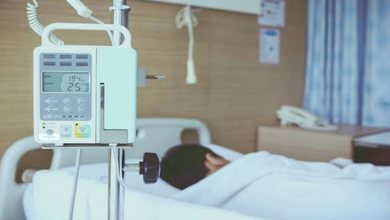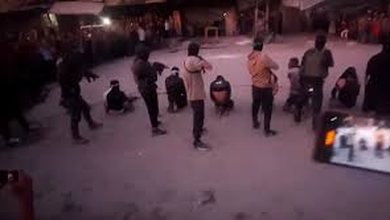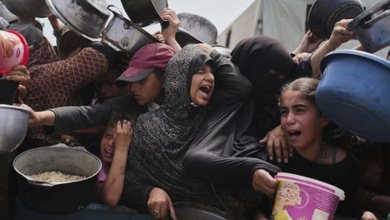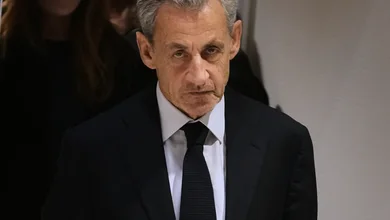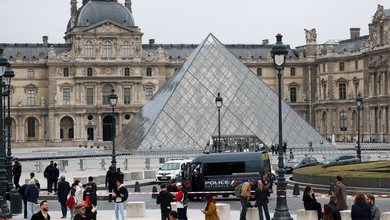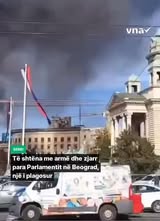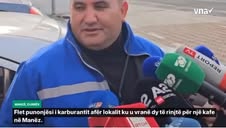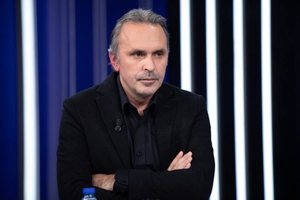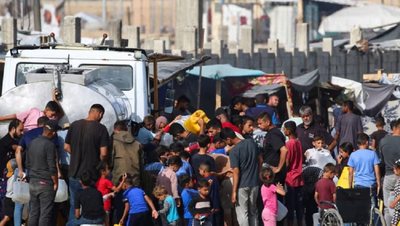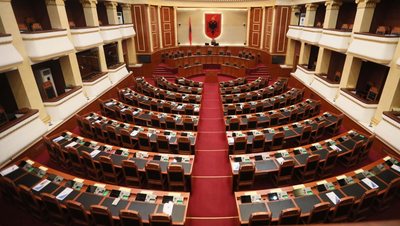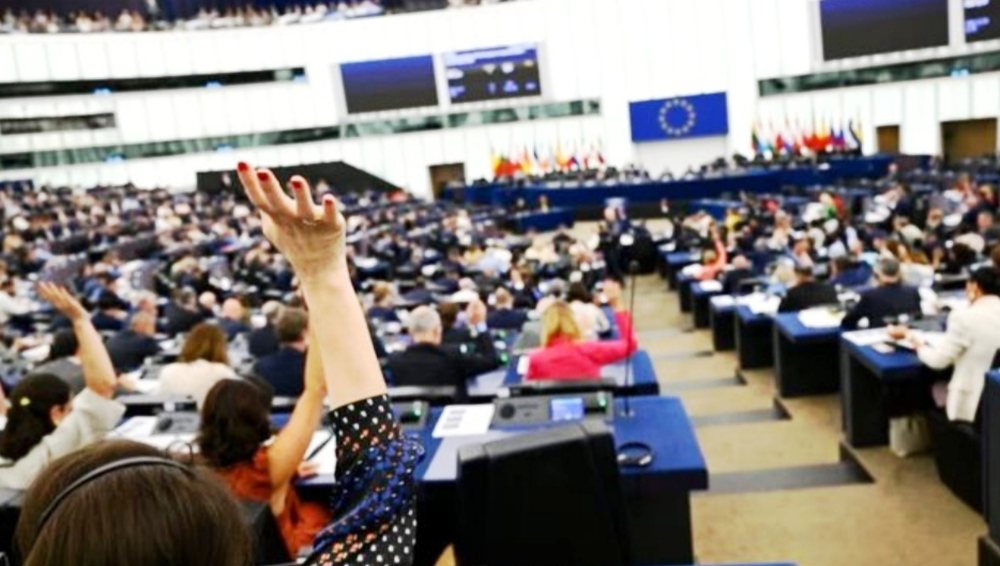
The European Parliament adopted a resolution on Wednesday regarding polarization and repression in Serbia, through which it supported the right of students and citizens to peaceful protest.
This resolution also strongly condemns the wave of violence by the authorities, the intimidation and arrests of protesters.
The resolution "on polarization and increasing repression in Serbia, one year after the Novi Sad tragedy", states that the Serbian leadership is politically responsible for the escalation of repression, the normalization of violence and the weakening of democratic institutions in the country.
During the plenary session held on October 22, the resolution was adopted with 457 votes in favor, 103 against and 72 abstentions.
The resolution also condemns the actions of the ruling Serbian Progressive Party (SNS) in organizing the tent camp in Pioneer Park, as well as the arbitrary and politically motivated use of presidential pardons for persons prosecuted for violence against student protesters.
Among other things, it is said that MEPs support the sending of an ad hoc fact-finding mission to Serbia, with the participation of the European Parliament, and call on the European Commission to take an initiative for sanctions that would target persons responsible for serious violations of the law and human rights in Serbia.
European Commissioner for Enlargement, Marta Kos, said during Tuesday's debate that the European Union expects police actions and behavior during protests to be proportionate and that fundamental human rights are respected.
"The priority is to investigate all allegations of excessive use of force," Kos said.
She stressed that Brussels condemns any act of hatred, vandalism or violence during the protests and calls on all parties to reduce tensions.
"We expect candidate countries for EU membership to respect all the values that are our foundation – respect for human dignity, freedom, democracy and the rule of law," Kos said.
She also added that Serbia must respect freedom of assembly, freedom of the media, and academic freedoms.
The European Parliament's rapporteur for Serbia, Tonino Picula, stated during the debate that the resolution does not constitute an attack on Serbia. He also assessed that Europe has not betrayed Serbia, but that the government in Serbia has betrayed its citizens.
"The tragedy in Novi Sad shows that corruption is not an ordinary crime — corruption destroys institutions and takes people's lives," he stressed.
"This disaster reflects some of the main structural problems in Serbia: the non-transparent involvement of foreign actors in the project [for the renovation of the railway station in Novi Sad], the lack of controls that would allow the use of the facility after safety standards were not respected, the obstruction of the investigation and independence of the judiciary after the tragedy, as well as the repression of citizens who demand accountability and change," the rapporteur for Serbia assessed.
Student-led protests have been taking place in Serbia for months after 16 people died in November last year after a concrete shelter collapsed at the Novi Sad railway station.
Protesters demand political and criminal accountability from institutions for this case.
They believe there was corruption in the station reconstruction project. In the meantime, they have increased their demands, calling for early elections. /REL/


